5. Burning (2018) – dir. Chang-dong Lee
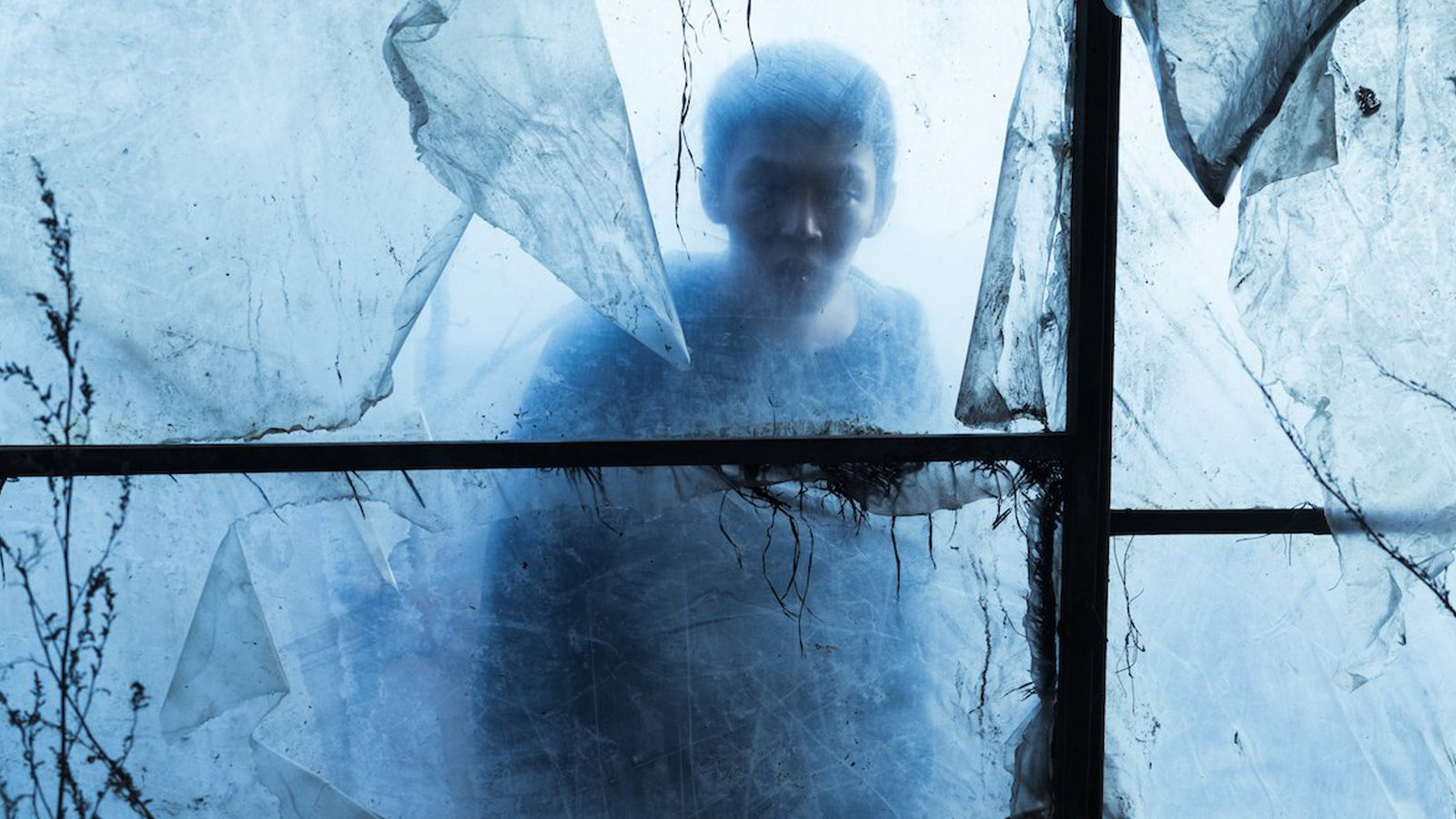
South Korean cinema has been on the rise in the last few decades or so. Burning is undoubtedly one of the most beloved thrillers of that part of the world in the West. Still, it’s warm reception among the audiences and the critics didn’t reflect in the same light to its festival tenures.
First of all, it failed to garner an Academy Award nomination and it also didn’t win awards at any of the five most important Western film festivals. Speaking of Cannes in particular, it lost to Shoplifters, a powerful genre mix from neighboring Japan, that is also a film of great value, albeit a bit less great than Burning in our opinion.
4. Easy Rider (1969) – dir. Dennis Hopper
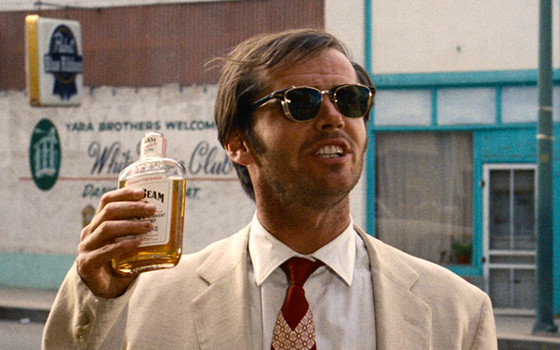
Easy Rider is the bona fide cult film, a darling of hippies, macho men and film afficionados alike. It is now among the most widely known films ever, deeply engrained in the American (and global) pop culture and loved by many. Masterfully directed by Dennis Hopper, who also takes one of the lead roles in the film, accompanied by a stellar ensemble of (at the time) not widely known Peter Fonda and Jack Nicholson, it’s no wonder it is held in such high regard by the contemporary critics and audiences.
However, this charming flick was met with more polarized views by the mainstream when it first came out, back in 1969. And, in all honesty, despite the fact that it is a classic now and that we believe it was the best out of the bunch in Cannes that year, Easy Rider didn’t even stand a chance at taking Palme d’Or despite not lacking in quality.
The counter culture elements of the film and the rebel spirit present through out, liberal use of swear words are a part of the reason it, realistically speaking, did not stand a chance against Lindsay Anderson’s If, a nicely put, yet completely safe in the given circumstances, critique of authoritarianism and conformity.
3. Ali: Fear Eats the Soul (1974) – dir. Rainer Werner Fassbinder
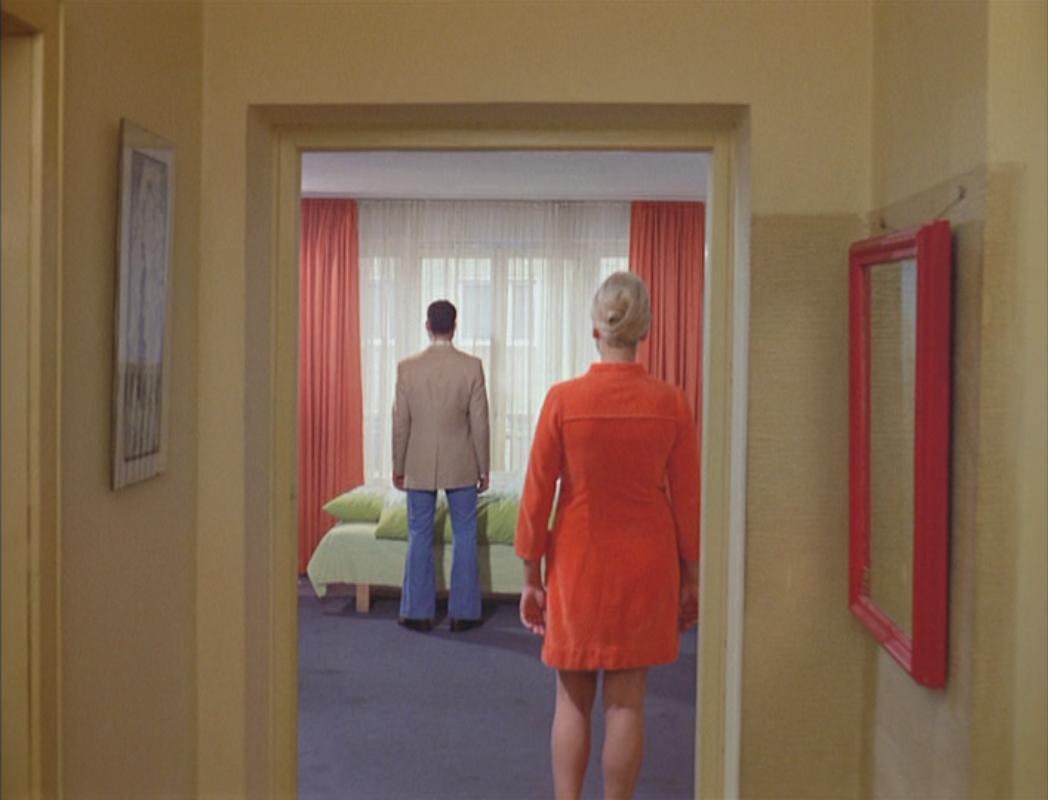
The Conversation is quite likely Francis Ford Coppola’s most successful feature film after The Godfather trilogy and, despite its numerous commercially appealing qualities, is also a picture of exceptional quality. Still, we are of belief that it wasn’t the best flick offered to the refined film jury in the year of 1974.
Ali: Fear Eats the Soul deals with the life and troubles of Ali, a Moroccan immigrant in Germany and his unlikely lover by the name of Emmi, who face a lot of weird looks and closed doors after deciding to ignore their societal instincts and embark on a love adventure.
Though it lost that year, it was about the closest Fassbinder ever came to the Palme d’Or, as Ali was one of his two only films that ever entered the competition despite a fairly prolific body of work that this German auteur gave us in the 15 or so years on the silver screen. A few other noteworthy entries that year were Pier Paolo Pasolini’s Arabian Nights and Steven Spielberg’s Sugarland Express.
2. La Haine (1995) – dir. Mathieu Kassowitz
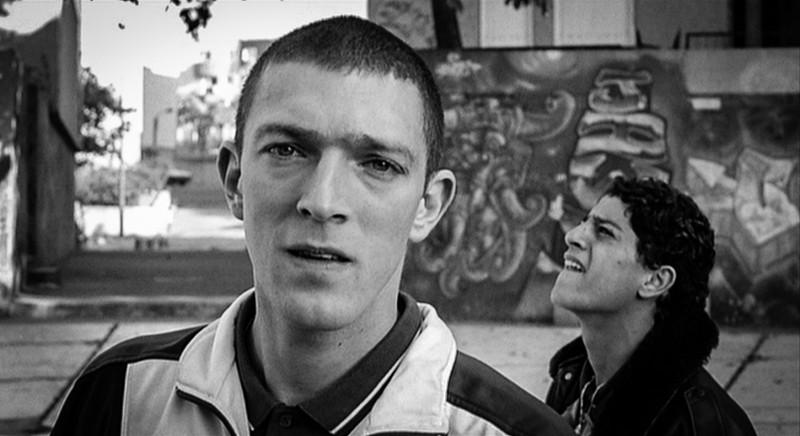
La Haine took the world by storm after its theatrical release in 1995. The endlessly simple yet endlessly relatable story of three friends: a black man, a Jew and an Arab with their minds set on revenge won the hearts of many across the world and warned us that discrimination is not merely a thing of the past, not even in the so-called developed world.
It was, without a single bit of doubt, Mathieu Kassowitz’s most succesfull directorial venture to date and arguably his most succesfull in general, even when considering his fruitful career as an actor. The film was widely praised for the acting, the cinematography, the message and the brutal realism of the treatment of the minorities and the circle of revenge.
That’s why we firmly believe that La Haine deserved to take the cake at the 48th Cannes Film Festival 1995. We will give credit where it’s due, though, and admit that the competition was pretty solid as well: Underground, Emir Kusturica’s bleak surreal feature that ultimately won the prize (second Palme d’Or for the director) was an outstandingly impactful film as well, and so were many of the other ones that competed for it, such as Dead Man, Ed Wood, Kids, Ulysses’ Gaze and so on.
1. The Seventh Seal (1957) – dir. Ingmar Bergman
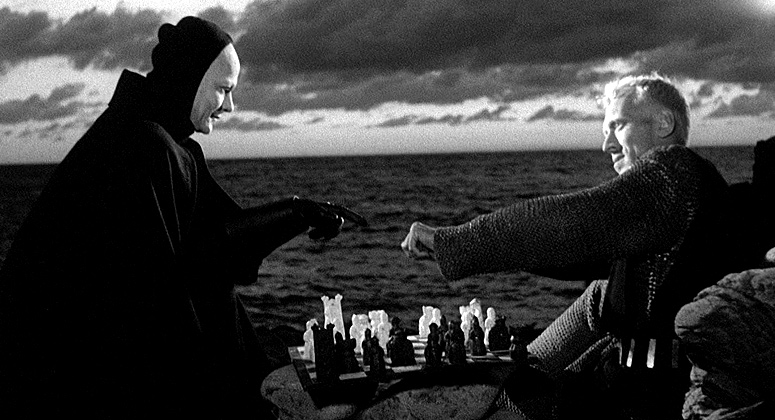
Ingmar Bergman and his body of work do not require a lot of introduction: throughout the decades, this legend of Swedish cinema supplied us with numerous classics, spanning across genres and countries, ultimately earning him the status of one of the greatest cinema legends of his time.
The Seventh Seal is perhaps his best known film. The gripping story is set in medieval Sweden, at the time when the plague and religious extremism were at their heights. We encounter a knight by the name of Anthonius Block playing a game of chess with none other than Death, with his life at stake in case he does not manage to win.
While it is now an undisputed classic, held in high regard by the fans of Bergman, while also being respected by those who don’t find much value in his work, it might be surprising to hear that this wasn’t always the case.
Back in 1957, it was met with some dismissive reviews domestically an it also failed to win the Palme d’Or, despite being accepted as an entry. This act undoubtedly ranks pretty high up when it comes to the biggest mistakes of the Cannes jury.
Even if one were to dismiss The Seventh Seal, there were a handful of pictures in competition that year that were superior in quality to William Wyler’s Friendly Persuasion, a civil war romance a la Gone with the Wind that ultimately took the main prize.